2-Day Certificate Course on The Aging Brain, Alzheimer’s Disease, and Other Dementias by Roy D. Steinberg
$439.99 $125.00
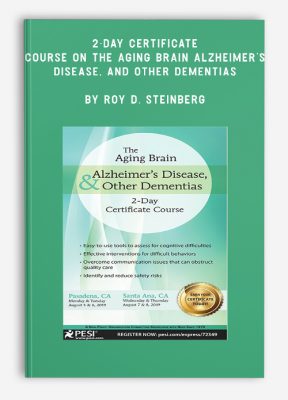
2-Day Certificate Course on The Aging Brain, Alzheimer’s Disease, and Other Dementias by Roy D. Steinberg
**More information:
Get 2-Day Certificate Course on The Aging Brain, Alzheimer’s Disease, and Other Dementias by Roy D. Steinberg at Salaedu.com
Description
- Clearly understand how to diagnose Alzheimer’s disease and differentiate it from other dementias
- Easy-to-use tools that assess for possible cognitive difficulties and identify underlying psychological conditions
- Get the most effective interventions for coping with combativeness, depression, and other difficult behaviors
- Powerful strategies for successfully working in collaboration with caregivers and family
- Explore the latest medications and preventative treatments related to cognitive decline
Working with people suffering with dementia can feel overwhelming. You worry because your patients’ needs aren’t clearly communicated and you need a better way to reach them. Difficult behavioral issues like depression, agitation and resistance often get in the way of your ability to provide optimal care. Interventions and techniques that worked yesterday, don’t work today. Distressed families have a litany of questions and concerns, and you’re the one who needs to give the difficult answers. You even need to work with patients and their spouses regarding uncomfortable personal matters like sexual intimacy – issues they didn’t teach you about at school.
Roy D. Steinberg, PhD, is a gero-psychologist and nationally recognized speaker for professionals and laypersons on the assessment and treatment of individuals with Alzheimer’s disease. He has spent the last 30 years immersed in the Alzheimer’s and dementia field, providing evaluation, consultation, and psychotherapeutic services to older adults as well as outpatient consultation, education, and counseling services to their families and caregivers. Through his work, Dr. Steinberg has perfected the recipe of what works and what doesn’t with dementia patients and acquired the hands-on skills, techniques, and solutions you need to handle the challenges, answer your questions, and provide the best care possible.
In this critical workshop Dr. Steinberg will bring to life the tools, strategies, and therapeutic practices you need to best serve your older adult patients facing Alzheimer’s disease and other dementias, as well as significant mental health issues such as depression and anxiety. Return to your practice better able to evaluate, assess, and differentiate between different types of dementias and recognize underlying psychological conditions. Broaden your understanding of medications and preventative treatments, and understand their impact on older patients and your practice. Walk away with practical and easy-to-implement tools that effectively intervene in depression, anxiety, aggression and other psychological and behavioral presentations. Learn to put a game plan in place that maximizes support for patients in partnership with caregivers and family members.
Key benefits of watching:
- Gain a clear understanding of the diagnostic criteria for Alzheimer’s disease and other dementias.
- Sidestep problem behaviors – identify and understand triggers for delusions, resisting care, and anxiety.
- Up-to-date behavioral interventions to manage agitation and elopement, reduce risks, and allow you to adapt treatment as the disease progresses.
- Tools to recognize the most frequently seen psychological conditions in older adults.
- Therapeutic interventions related to mental health concerns.
- Tips and tactics for working in partnership with families to improve care.
- Learn how to handle sexuality and intimacy issues across the continuum of older adults with confidence and sensitivity.
In an energetic and uplifting style, Dr. Steinberg will draw you into the dire nature of dementia and leave you feeling empowered and eager to use your new skills.
Don’t wait, sign up for this essential course and get your Certificate in The Aging Brain – Alzheimer’s disease, and Other Dementias!
More information about Medical:
Medicine is the science and practice of establishing the diagnosis, prognosis, treatment, and prevention of disease.
Medicine encompasses a variety of health care practices evolved to maintain and restore health by the prevention and treatment of illness.
Contemporary medicine applies biomedical sciences, biomedical research, genetics, and medical technology to diagnose, treat, and prevent injury and disease,
typically through pharmaceuticals or surgery, but also through therapies as diverse as psychotherapy, external splints and traction, medical devices, biologics, and ionizing radiation, amongst others.
Medicine has been around for thousands of years, during most of which it was an art (an area of skill and knowledge) frequently having connections to the religious and
philosophical beliefs of local culture. For example, a medicine man would apply herbs and say prayers for healing, or an ancient philosopher and physician would apply bloodletting according to the theories of humorism.
In recent centuries, since the advent of modern science, most medicine has become a combination of art and science (both basic and applied, under the umbrella of medical science).
While stitching technique for sutures is an art learned through practice, the knowledge of what happens at the cellular and molecular level in the tissues being stitched arises through science.
1 review for 2-Day Certificate Course on The Aging Brain, Alzheimer’s Disease, and Other Dementias by Roy D. Steinberg
Add a review Cancel reply
Related products
HEALTH - FITNESS - LIFESTYLE - MEDICAL
HEALTH - FITNESS - LIFESTYLE - MEDICAL
HEALTH - FITNESS - LIFESTYLE - MEDICAL
HEALTH - FITNESS - LIFESTYLE - MEDICAL
HEALTH - FITNESS - LIFESTYLE - MEDICAL
Fast Confidence [How To Be More Confident │Confidence Building] from Sharon Melnick, Ph.D.
HEALTH - FITNESS - LIFESTYLE - MEDICAL
HEALTH - FITNESS - LIFESTYLE - MEDICAL

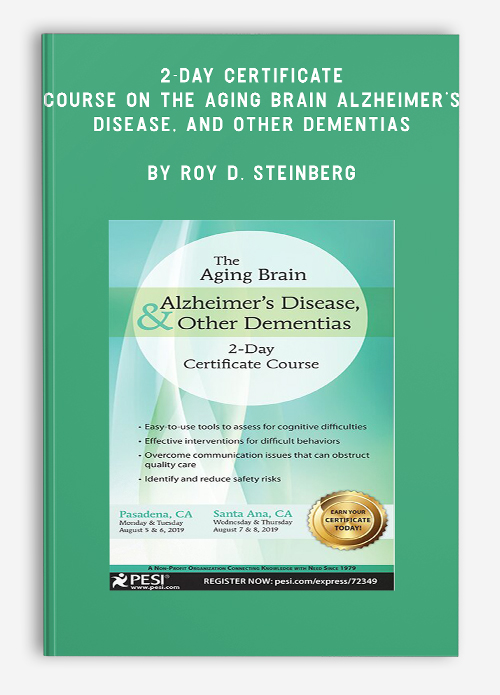
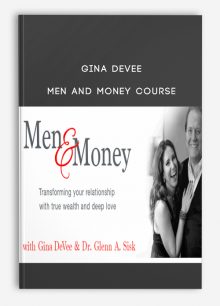
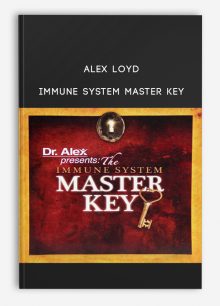
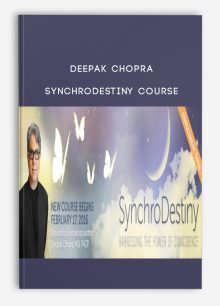

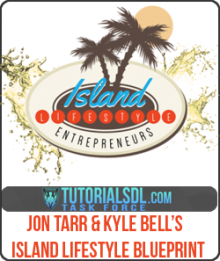
![Fast Confidence [How To Be More Confident │Confidence Building] from Sharon Melnick, Ph.D.](https://tradersoffer.forex/wp-content/uploads/2017/05/Sharon-Melnick-Ph.D.-Fast-Confidence-How-To-Be-More-Confident-│Confidence-Building-220x261.png)
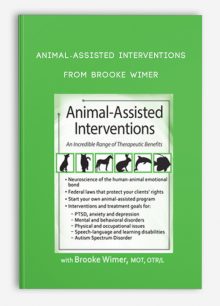
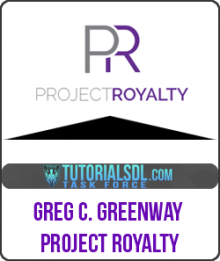
Trevis Trevis –
This is one of the most beautiful website and you can check the reviews of my website here: https://salaedu.com/clients-proof-and-reviews/